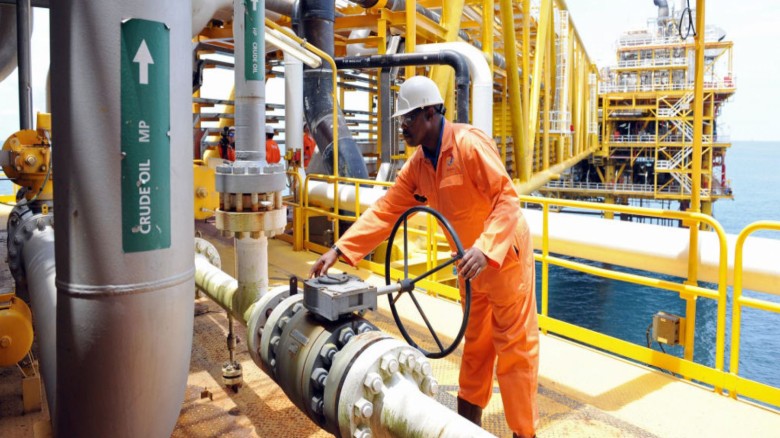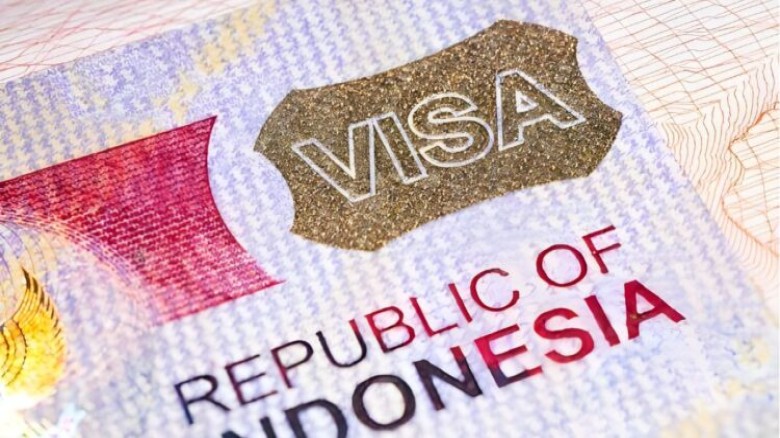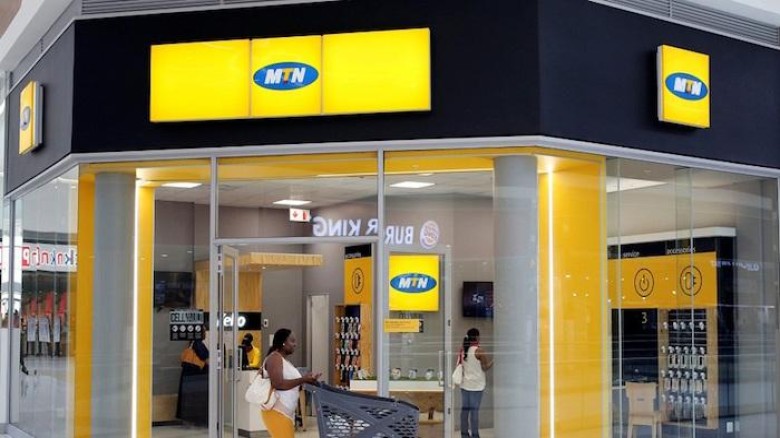Why NNPC increased fuel price – Minister
The recent increase in petrol prices in Nigeria has been attributed to the Nigerian National Petroleum Company Limited, with the federal government denying any responsibility for the hike.
Pump prices in various regions have seen significant rises, with Abuja experiencing an increase from N897 per litre to N1,030, and Lagos from N855 to N998. Similar price hikes were observed in other regions, with prices reaching N1,070 in the North-East, N1,025 in other South-West states, N1,045 in the South-East, and N1,075 in the South-South, as reported by Daily Trust.
The fuel price surge has sparked widespread reactions among Nigerians, prompting calls for President Bola Tinubu to intervene and reverse the increase.
According to the Minister of Information and National Orientation Mohammed Idris, the federal government cannot be held accountable for the recent rise in petrol prices. He emphasized that the decision to raise prices was made independently by the Nigerian National Petroleum Company Limited, based on prevailing conditions in the energy sector, and not under federal government directives.
Idris highlighted that the federal government is no longer authorized to set petroleum product prices, in line with the provisions of the Petroleum Industry Act. He also clarified that since the subsidy regime ended in May 2023, the NNPCL had been shouldering the differential to maintain previous price levels, but can no longer absorb these losses.
"The differential in prices is influenced by various factors, including the crisis in the Middle East and market volatility, leading to global increases in petroleum product prices. Additionally, NNPC cannot sustain these losses for Nigeria as a limited liability company without operating at a loss," he explained.
Assuring Nigerians, the minister urged patience with both the NNPCL and the government, stating that prices are expected to decrease in the long term. He mentioned that the government intends to channel the savings from the subsidy removal into critical sectors such as healthcare, education, infrastructure, and security. Additionally, he emphasized that the government's initial investments in compressed natural gas (CNG) would help mitigate the impact of rising fuel prices as more operators enter the market.
























Leave A Comment